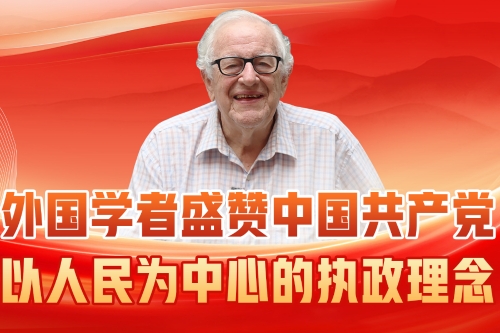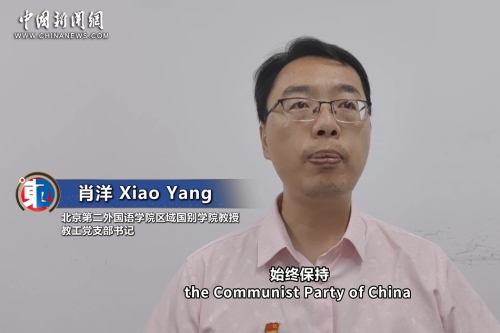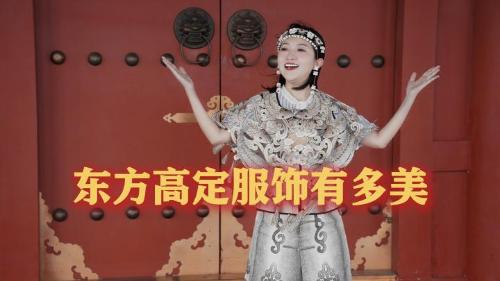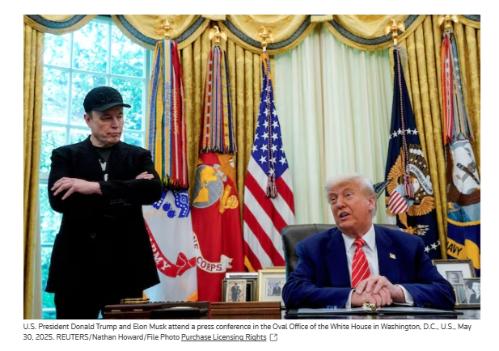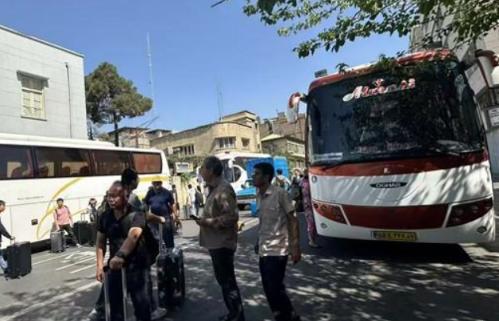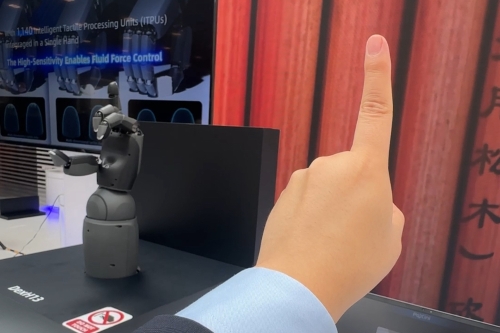China News Service Beijing, June 2: How to build the modern civilization of the Chinese nation?
Author Xie Maosong Senior Researcher of National Institute for Strategic Studies, Tsinghua University
The word "culture" originated from the Book of Changes, which is the first of the Five Classics, the core of Chinese civilization. The "Ben Gua" in the Book of Changes said: "The combination of hardness and softness means astronomy; civilization means humanity. Observing astronomy means observing the changes of time; humanity means becoming the world."; To view humanity and transform it into the world is to cultivate people and cultivate people's minds and form a cultural community.
The Chinese civilization has outstanding continuity. As the only continuous and unbroken civilization in the world, its continuity is fundamentally derived from the cultural cohesion formed by the civilization consciousness and cultural consciousness of the Chinese civilization. China is China and Chinese people are Chinese, which is fundamentally based on cultural identity. The study of classics and history and Confucianism provide the cultural awareness and cultural identity that China is China. The Analects of Confucius said that "the politicians are the right people", which is the profound understanding of the essence of politics of Chinese civilization, and also the key point for Chinese civilization to become the only continuous and unbroken civilization in the world.
Tourists watch the bronze square statue of four sheep on display in the National Museum of China. Photographed by Tian Yuhao
In other words, the culture of a cultural power is about the way of being big and lasting. The culture of cultural undertakings is the "big culture" of culture, and the cause of cultural undertakings is the "big cause" of moral cultivation.
As a century old party, the Communist Party of China has always attached great importance to the political and educational significance of cultural undertakings. During the revolutionary period, the Communist Party of China has attached great importance to literature, film, drama, music, art and other arts. Novels such as Midnight, left-wing films such as Children of the Wind and the Clouds, Fisherman's Light, new operas such as White Haired Girl, Yan'an Yang Opera, and Yan'an woodcut prints are examples. Mao Zedong's Speech at the Yan'an Forum on Literature and Art has a fundamental guiding significance for the work of literature and art. After the founding of New China, there was a policy of "letting a hundred flowers blossom and a hundred schools of thought contend". During the period of reform and opening up, the Communist Party of China proposed to build a socialist material civilization and spiritual civilization. In 1983, Deng Xiaoping, in his speech "The Party's Urgent Task on the Organizational and Ideological Front", proposed to strengthen the Party's ideological work and prevent the tendency to bury oneself in economic work and neglect ideological work. In 2014, 72 years after the Yan'an Forum on Literature and Art, General Secretary Xi Jinping presided over the forum on literature and art work and delivered an important speech. In the decade of the new era, historic achievements have been made in cultural undertakings, historic changes have taken place, the network ecology has improved, the situation in the ideological field has fundamentally changed, and cultural undertakings have become increasingly prosperous.
In cultural undertakings, literature and art play a direct role and inspire people. Literature and art is also the poetry education that the Chinese civilization tradition attaches importance to. Poetry education acts on the people's heart, temperament, and blood. It is the most subtle part of political education. As Confucius said, "Xing in poetry, Li in ceremony, Cheng in music". Poetry education is a gentle and honest education that "starts with emotion and ends with propriety and justice", which is "happy without lust, sad without injury", and cultivates people's gentle temperament and virtue; Poetry has the merit of appreciating grievances, observing political gains and losses and cohering the hearts of the people.
Cultural undertakings in the new era, the protection and utilization of archaeological relics and cultural heritage have received unprecedented attention, because they are related to the continuation of the memory of historical civilization. Tradition is tradition. It must live like flowing water, just as the Analects of Confucius said in Kawasaki: "The passage of time is like a stream of water, day and night."
The cultural undertakings in the new era, which integrate culture and tourism in depth, are basically to cultivate people's leisurely, warm and leisurely leisure by visiting mountains, rivers, land and history, and become the world in this way.
Foreign friends experience Chinese tea culture. Photographed by Li Shihuan
The cultural cause of the new era has a national cultural digitalization strategy in response to mankind's transition from industrial civilization to digital civilization. It is the so-called "if you cannot pass the Internet, you cannot pass the long-term ruling".
Cultural undertakings in the new era cannot be separated from the protection and inheritance of historical culture in urban and rural construction. First, it is to re understand the profound relationship between people and land, ancestors and history established by China's agricultural culture over the past 10000 years, which has a new universal significance of civilization in modern times, so that based on the historical background of agricultural civilization, the countryside can achieve an overall improvement from the outside to the inside, with both form and spirit. At the same time, we should deeply understand the historical and cultural significance of the city, protect the historical and cultural heritage of the city, let people remember the history, remember nostalgia, and realize the new vitality of the old city.
The cultural cause of the new era should play a role in the daily life of ordinary people at the level of "being highly intelligent and mean". Culture is culture, which is a way of life that "people use everyday but don't know", and relates to people's yearning for a better life. In the new era, China has entered a society where people are rich and courteous. The courtesy of being rich and courteous is courtesy and righteousness, that is, virtue life is a good life. In this way, every Chinese from top to bottom can settle down and find meaning in life between heaven and earth, which undoubtedly concerns every ordinary Chinese.
Cultural cause is the work of moistening things silently and imperceptibly, and it is permeated by the virtue of perfection, such as "metaphysical means".
The culture of the modern civilization of the Chinese nation is a new culture that integrates the excellent traditional Chinese culture, revolutionary culture, and advanced socialist culture. It will comprehensively inherit and develop the outstanding cultural heritage of China, make the past serve the present, and make foreign countries serve China, integrating the achievements of ancient and modern China, the West and Marxism. In this process, we should also adhere to, enrich and improve the cultural subjectivity of China's new culture, so as to establish the new orthodoxy of modern China as modern China. (End)
About the author:
Xie Maosong, Doctor of History Department of the Chinese University of Hong Kong, Senior Researcher of China National Innovation and Development Strategy Research Association, Director of China Civilization and China Road Research Center, Senior Researcher of National Strategic Research Institute of Tsinghua University, and Senior Researcher of Taihe Think Tank; Specially invited editor in chief of City Watch magazine; Part time professor of the Culture and History Department of the Central Party School, executive director of Qufu Confucius Academy; Special researcher of China Tibet Information Center, academic consultant of Indian Ocean Island State Research Center of South China University of Technology, and expert of China expert group of South China Morning Post in Hong Kong. He is the author of such monographs as "The Way of Ministers: The Integration of Mind and Nature with Reason and Power".
















